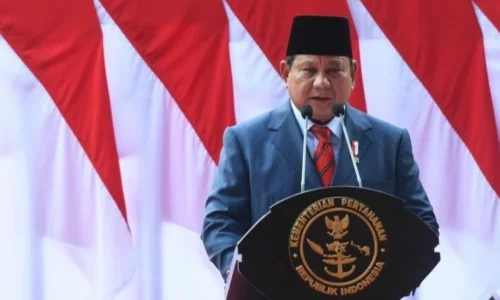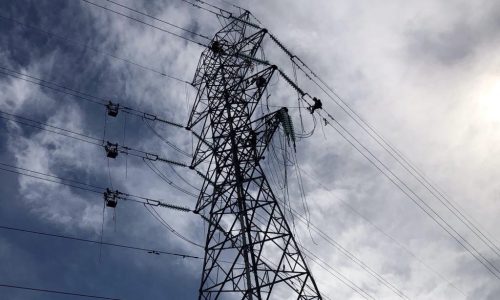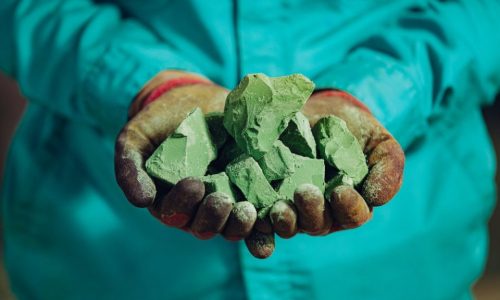The Nusantara Capital City (IKN) Authority plans to use green energy of solar power, wind energy and hydropower in the new location of Indonesia’s capital.
President Joko Widodo decided to relocate the capital city from the densely populated metropolis of Jakarta to an underdeveloped area in East Kalimantan. The US$32 billion megaproject already received doubts that it would materialize due to uncertainty over funding.
Read also: Clouds hang over Indonesia new capital city despite government’s strong commitment
IKN Authority Chairman Bambang Susantono said there would be three phases of the implementation of green energy.
“Rooftop PV (photovoltaic) and electric vehicles (EV) in public places, commercial establishments, housing and industrial facilities are the short-term agenda (2022-2023). The medium-term (2024-2025) will see the construction of wind farms with capacities exceeding 70 MW (megaWatts) and solar farms with capacities over 50 MW. The long-term (2026-2045) will see the construction of a hydropower plant with a capacity of 910 MW in 2028,” Susantono said in a statement to the Clean EDGE Trade Mission, the first US trade mission in Asia, in Jakarta on June 7, 2022.
He discussed the possibility of collaboration between Indonesia and the United States in energy sector, particularly for the planning process and the need for renewable energy in the new capital. According to him, the new capital is intended to be a green, inclusive, robust and sustainable forest city.
Three concepts will be applied to the development of the new capital. The first part is a forest city dominated by a natural landscape with a forest structure that serves as an ecosystem to live in harmony with nature.
The second method involves utilizing sponge cities to increase water absorption to reduce flood risk and increase the quantity and quality of clean water.
Third, a smart city will be a dynamic and inclusive city supported by its citizens and capable of adapting to the future.
Chairman of Coordination of Technology Transformation and Innovation of IKN Authority’s Transition Team, Mohammed Ali Berawi, explained the possibilities for collaboration in the new capital economy superhub. He said Nusantara’s superhub would be implemented through six economic clusters.
“The six clusters are clean technology industry, sustainable agriculture industry cluster; ecotourism and medical tourism cluster; chemical industry and its derivative cluster; low carbon energy cluster; and two supporting clusters of smart city and 4.0 industrial center,” he said.
Berawi explained the plans for an intelligent transportation and transit system in Nusantara. An electric Bus Rapid Transit (BRT) system will provide 80 percent of the system’s transit services. He added that there would be three types of Bus Rapid Transit systems: Feeders, regular BRT connecting sub-areas and autonomous BRT.
“A smart transportation system data center will be used to integrate all smart transportation systems in the new capital area. In early stages, it will focus on the capital’s central area,” he stated.
Read also: Constitutional Court rejects petition to annul new capital law









